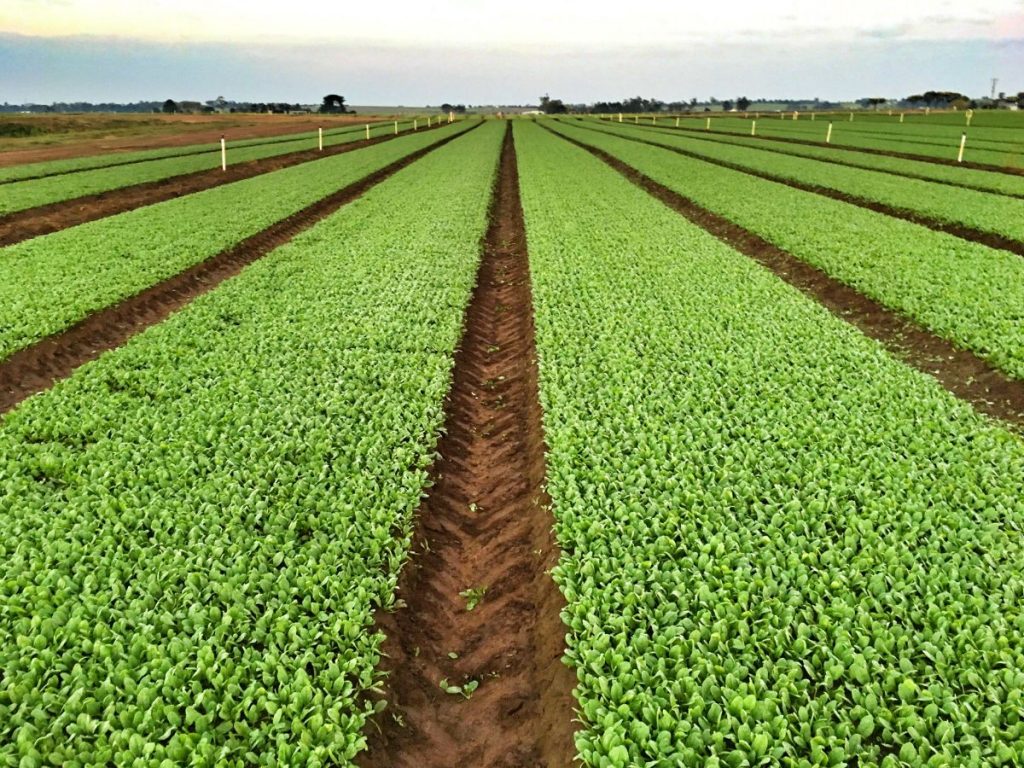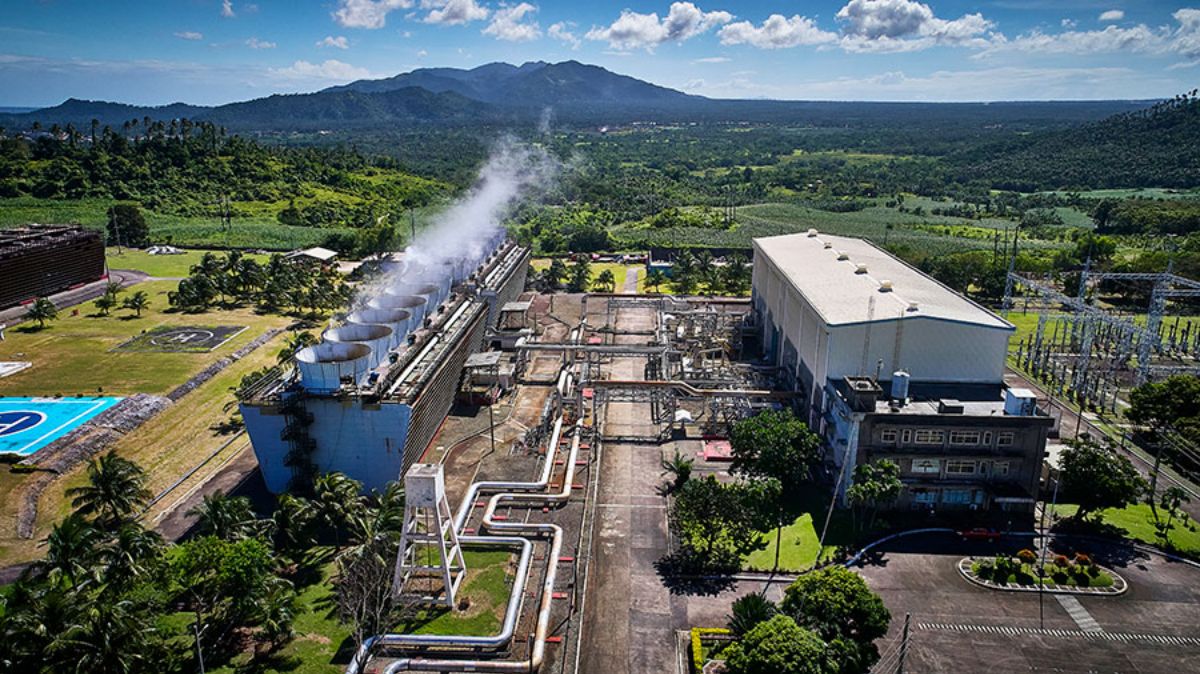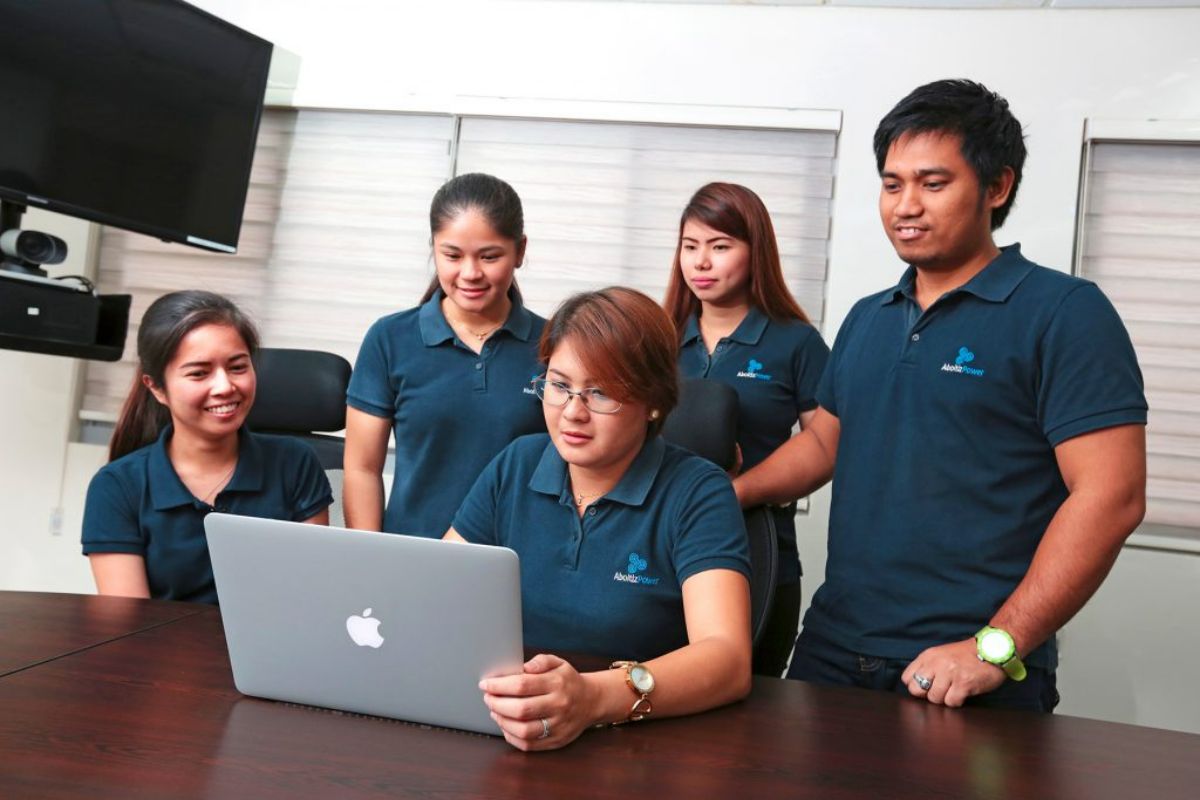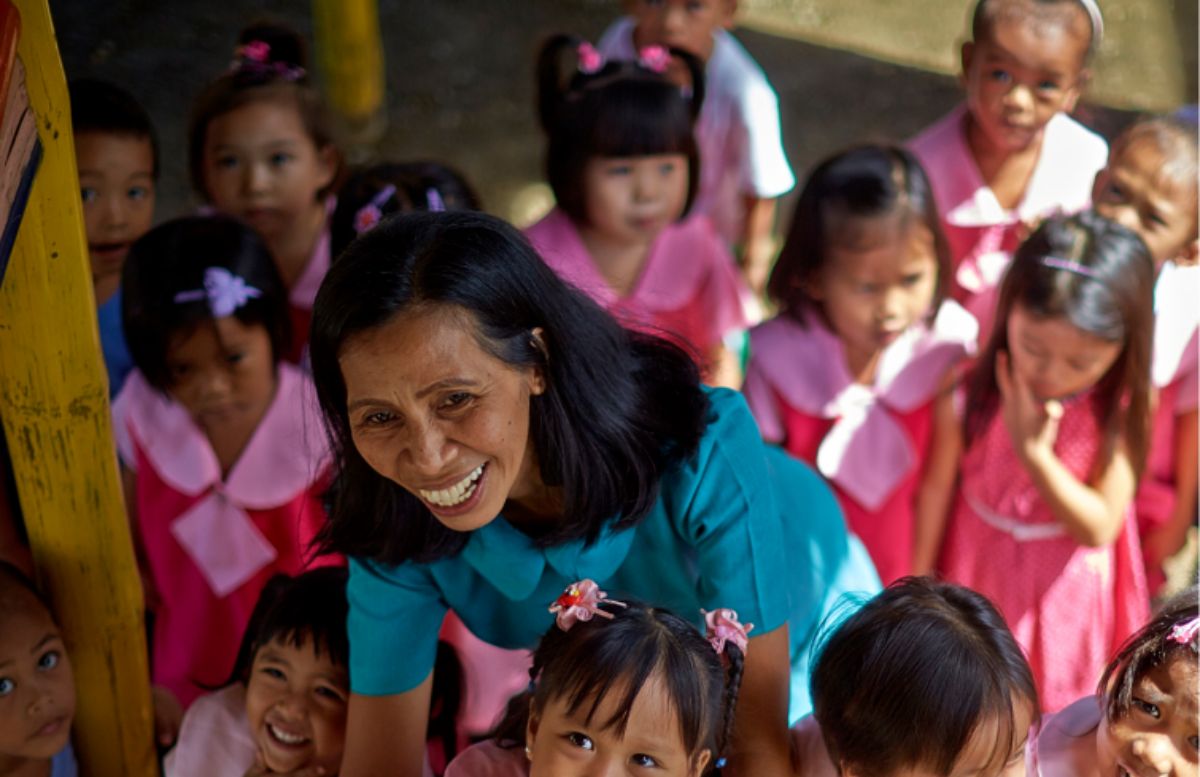
We all know that significant changes in our world need to happen to create a sustainable future for generations to come. While the United Nations Social Development Goals (UN SDGs) have brought forth notable wins, the question still lingers, especially among global enterprises and communities: How can we take action, promote sustainability, and pursue meaningful societal change?
From our humble beginnings in Leyte over a century ago, these strategies for sustainable development have proven to be helpful in improving life in our host communities and in setting the foundation for a more sustainable Philippines.
Here, we take a closer look at these strategies for sustainable development, and what the Aboitiz Group’s sustainable initiatives are to co-create safe, empowered, and resilient communities.

Businesses usually rely heavily on natural resources. Your enterprise may rely on raw materials such as water or crops. In Aboitiz, we are conscious that the planet’s natural resources are finite and that it is our responsibility to replenish what we use. We take the lead in environmental sustainability and align our sustainability initiatives to the SDGs.
We are also minimizing the environmental impact of our businesses by increasing renewable energy capacities, practicing proper waste management, and reducing emissions, among others.
For example, AboitizPower is switching to clean and renewable energy sources ー an important initiative in support of the global movement for clean energy ー as part of its 50:50 balanced portfolio 2030 goal. Expanding our RE portfolio will help reduce our carbon footprint. This is aligned with SDG # 7: Affordable and Clean Energy and SDG #13: Climate Action.
Guided by SDG 6: Clean Water and Sanitation, properties like our LIMA Estate adopt smart water networks. This helps reduce water wastage, and ensure there is always safe and reliable water supply in the communities that we serve.
UnionBank’s continuous investments in developing platforms that would allow more financial inclusivity among under-served populations is another example of an SDG-impactful initiative. Many of our programs are in support of the government’s national agenda. The end goal is to increase the capacity of individuals and organizations in wealth management while empowering small scale businesses and entrepreneurs.

Did you know that most people spend a third of their adult lives at work? It is no wonder that most consider their offices as a significant environment that can influence one’s overall well-being.
As such, businesses need to build a workplace that is not only conducive to productivity and profitability, but also promotes work-life balance. It can be argued that to some extent, companies may be key drivers for SDG 3: Good Health and Well-being, and SDG 8: Decent Work and Economic Growth.
It is every organization’s responsibility to espouse safe practices in the workplace, an inclusive and diverse work environment, employee-led initiatives, and programs to promote their holistic well-being. In Aboitiz, we are committed to creating a healthy work environment, and we were recognized and included in this prestigious list HR Asia Best Companies to Work for in Asia 2021!
Businesses often have complex supply chains. Each link in the chain has the potential to create either negative or positive effects on the locality from which the materials or supplies were sourced from so it’s important to consider sustainability at every link.
Companies under the Aboitiz Group constantly review their supply chains from top to bottom to ensure all stages uphold standards in human and labor rights, sustainable environmental practices, and combating corruption in all forms.
A regular re-assessment of our supply chains allows us to identify new opportunities in promoting sustainability. Recently, our food subsidiary Pilmico Foods Corp. initiated ways to boost our country’s pork supply chain amid continuing inefficiencies in the swine industry. These initiatives include our continued investment in swine raising and modernizing food production in our new Breeder and Nursery Farm in Nueva Ecija!

We can never overemphasize the importance of education in sustainable development. With quality education, people are equipped with the skills and competencies they need to live more fruitful lives.
The Aboitiz Group also bridges education to employment. We support education through projects that build schools and train teachers, and we supply learning materials to less privileged areas in our country. Creating a conducive learning environment for students removes barriers that many public school students and out-of-school youth face in pursuing a quality education. This helps enrich their lives and, in turn, become more productive talents in our workforce.
Read about the story of former Aboitiz scholars who we recently welcomed into the fold as new engineers at AboitizPower!
You can expand your business’ reach by implementing projects linked with SDGs. You can choose to do so with multiple projects, or simply focus on one. As we showed earlier, some projects may also support multiple SDGs at the same time.
Through the Aboitiz Foundation, we invest in projects that we feel most strongly about while addressing pressing community needs. Our priority areas are education, enterprise development, and the environment.
It can sometimes be challenging to balance the impacts of social development projects on three key fronts: environment, society, and governance.
For instance, measures that help our environment might not necessarily offer significant economic or social benefits. However, what is important to keep in mind is that the preservation of our home and its resources is the foundation of life, and thus the prerequisite for any of our economic and social goals.
We need to prioritize projects that have the most critical objectives and ensure that their implementation will not be at the expense of others. This way, we are able to build a more inclusive, equitable, and positive environment for our host communities.
Sustainability impacts — with all their measurement jargons — might be a bit difficult for some people to understand. But it is important to communicate these through the use of cases and real, live stories.
Such stories illustrate how your sustainability programs have actually elevated communities and changed peoples’ lives. That said, these narratives should not be told as tales of environmental doom. Rather, they are most effective when told as stories of hope and opportunity. After all, we connect better when shown the “human” side of organizations, and how they work towards providing a better and fulfilling future for all.
We constantly keep this in mind in our work with our host communities. We document how each of our projects has helped Filipino families at the individual level. Read here our community stories.
Organizations everywhere have the power to forge positive change. By using strategies for sustainable development, we lead the change toward innovation, inclusive development, healthy workplaces, and empowered communities. All these help us contribute to the UN SDGs.
As we continue to implement our strategies, we can move forward in making meaningful resolutions for a more sustainable Philippines, and ensure that we are truly creating more empowered and resilient communities.